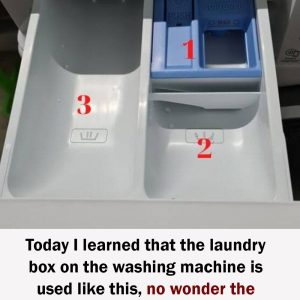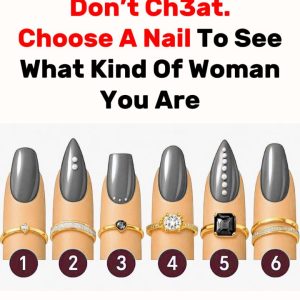In a series of events that could only be described as a marketer’s worst nightmare, Bud Light, America’s former longtime No.1 beer, has found itself in the midst of a PR storm. First, it was the backlash from the Dylan Mulvaney sponsorship, and now, the appointment of Colin Kaepernick as their brand ambassador has led to a billion-dollar dip in sales. Because when you’re trying to quench the nation’s thirst, why not stir the pot a little… or a lot?
It all began in April when Bud Light decided to sponsor transgender influencer Dylan Mulvaney. A seemingly progressive move quickly turned sour when Mulvaney’s post of a custom Bud Light can on Instagram ignited a firestorm of controversy.
Right-wing media and anti-trans commentators were quick to voice their displeasure, leading to a call for boycotts. Even country singer Kid Rock weighed in, filming himself shooting cases of Bud Light and ending his video with a choice selection of expletives.
Florida Governor Ron DeSantis added fuel to the fire, suggesting potential legal action against AB InBev for associating with “radical social ideologies.” The governor’s claim that the company had breached its duties to shareholders was met with a swift response from AB InBev, emphasizing its commitment to investors.
But the damage was done. LGBTQ+ advocates criticized Bud Light for not adequately supporting Mulvaney and the broader trans community. Mulvaney herself expressed disappointment with the brand’s reaction.
Hoping to move past the Mulvaney controversy, Bud Light made a bold move by appointing Colin Kaepernick as their brand ambassador. At a press conference held inside a giant inflatable Bud Light can (because subtlety is overrated), Bud Light’s CEO, Sir Hops-a-Lot, made the grand announcement. “We wanted someone who embodies the spirit of Bud Light – refreshing, bold, and a little bit controversial. Who better than Colin Kaepernick?”
But as the memes spread and the Twitterverse debated, something unexpected happened. Bud Light’s sales began to dip. And not just a small dip. We’re talking Niagara Falls levels of plummeting. Financial analysts were baffled. Was it the Kaepernick effect? Had Bud Light’s gamble backfired?
Walt Street expert, Penny Wise, commented, “It’s unprecedented. I’ve seen stocks drop when companies have faced scandals or recalls. But a billion-dollar dip from appointing a brand ambassador? That’s a new one.”
In an attempt to stem the tide, Bud Light released a series of ads featuring Kaepernick in various beer-related scenarios. One showed him training for the “Beer Olympics,” another had him brewing his own signature Bud Light blend. But the damage was done. Sales continued to decline, and Bud Light’s competitors were quick to capitalize.
Rival beer brand, Ale’s Well, even released an ad with the tagline, “No politics. Just beer.” The shade was evident.
Never one to back down from a challenge, Kaepernick took to social media. “Lost billions, you say? Well, at least Bud Light has the courage to stand (or kneel) for something. Cheers to that!” Accompanying the tweet was a picture of Kaepernick, toasting with a can of Bud Light.
Bud Light’s decision to bring Kaepernick into their frothy fold, especially after the Mulvaney controversy, will go down in marketing history as one of the most unexpected blunders. While the duo might seem as mismatched as beer and cereal, it’s a delightful reminder that in the world of branding, the unexpected often reigns supreme.
So, here’s to Kaepernick, Bud Light, and the joy of a well-crafted satire. May we always be ready to raise a glass to the wonderfully unexpected, even if it costs a few billion.





